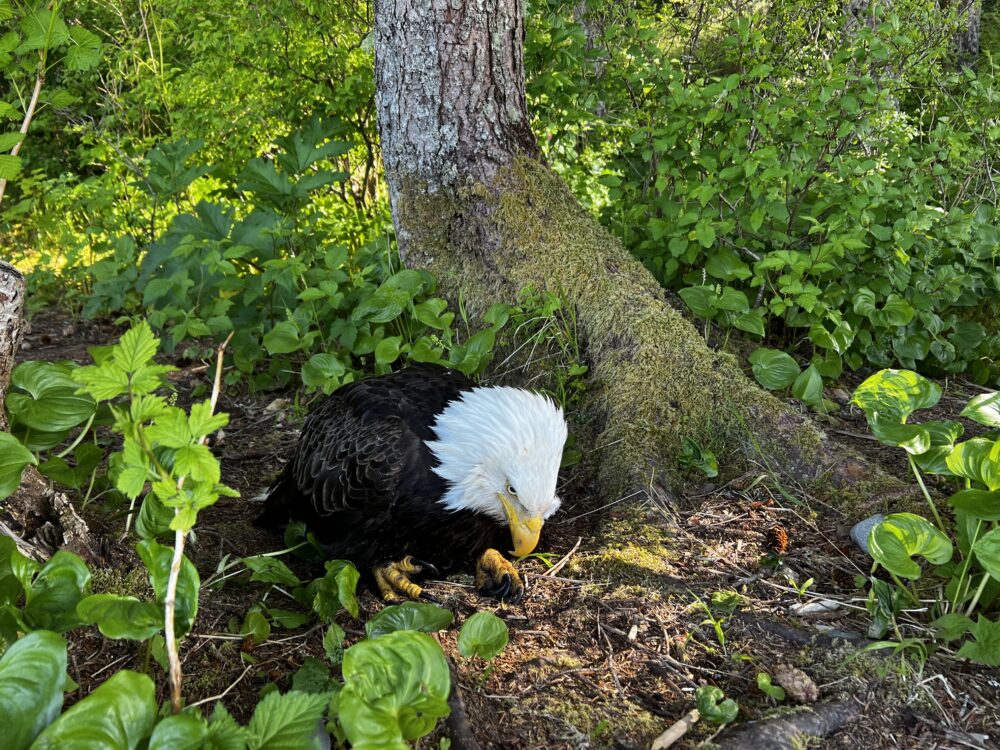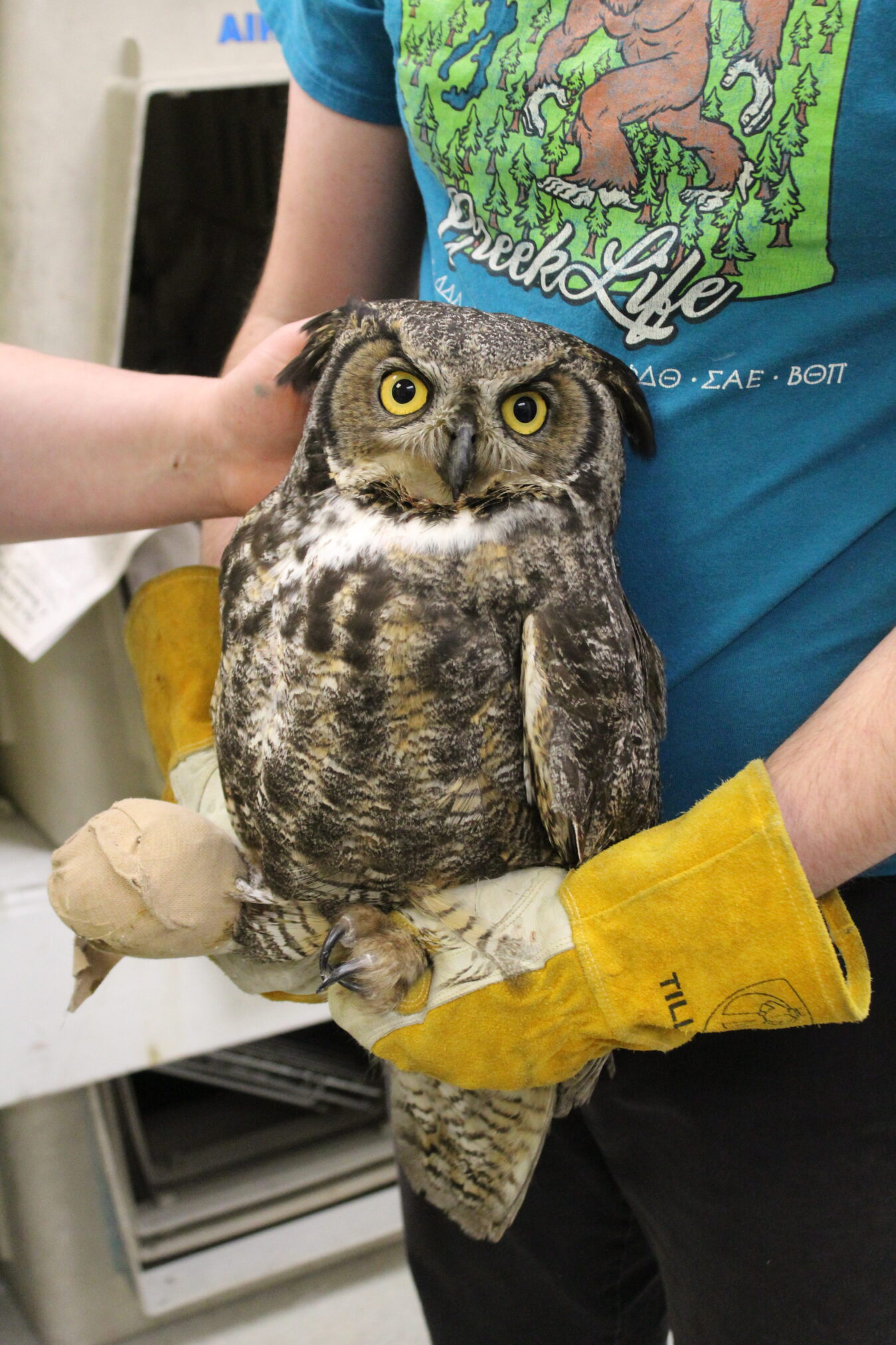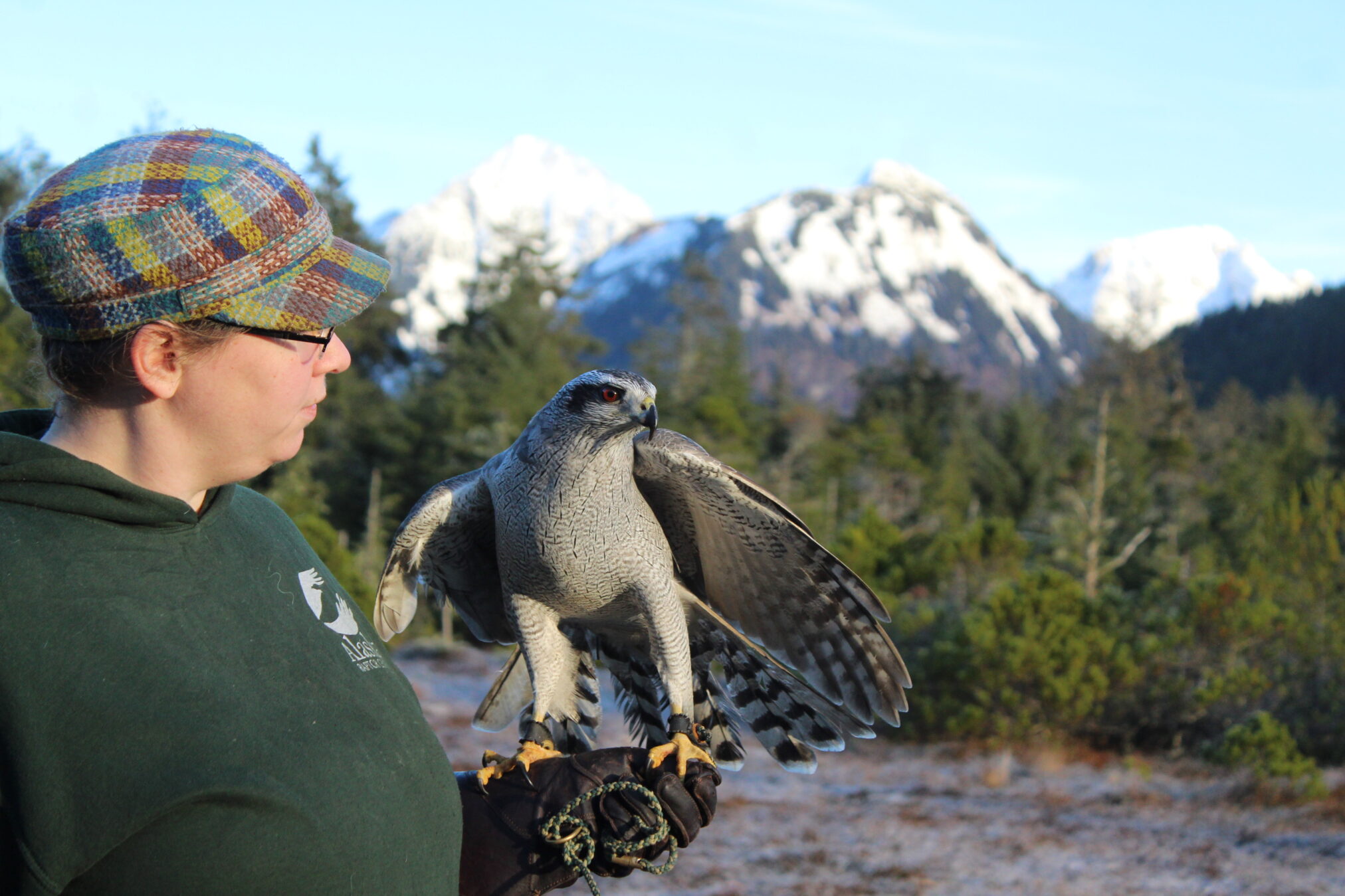Highly Pathogenic Avian Influenza
Avian Influenza is caused by a virus that has several strains and is commonly found in migratory waterfowl (swans, geese, ducks, etc). These birds can carry AI without showing signs of sickness. As they migrate, they spread the disease to other bird species as well as within their own colony. The Highly Pathogenic Avian Influenza (HPAI) strain can have severe impacts on many bird species. While waterfowl can still carry and spread HPAI without visible symptoms, birds like domestic chickens and raptors get severely ill and rapidly die. Highly Pathogenic Avian Influenza is spread in the droppings and respiratory secretions of infected birds and can be easily transmitted on objects contaminated with virus particles, such as footwear.

The first detection of HPAI in North America occurred in December 2021 in Newfoundland and Labrador, Canada. Subsequently, the HPAI virus has been confirmed in wild birds, backyard flocks, commercial poultry facilities, and wild mammals throughout Canada and the United States.
By early May 2022, HPAI had spread into Alaska with the first positive case in Sitka confirmed on May 14th by the Alaska Raptor Center. Although HPAI cases in Sitka subsided over the summer, a resurgence began in mid-November and continued throughout the winter. The typical cool, rainy conditions of fall in Southeast Alaska along with bird migration patterns, are believed to be at the root of the resurgence.
We are now considering the virus to be endemic and have responded by establishing a quarantine facility at the Alaska Raptor Center. Following strict quarantine protocols allows us to treat new patients while protecting our Ambassador raptors and patients already in rehabilitation. Pet’s Choice Veterinary Hospital continues to assist us by admitting and testing all new patients before they are brought into quarantine at the Center.

What ARC is doing
- We continue to be open to the public for visitation.
- We have developed a Quarantine and Biosecurity Protocol to prevent HPAI from entering the facility and infecting our Ambassador birds and current patients.
- We are closely monitoring our local wildlife populations for signs of HPAI.
- We are working with the State Veterinarian to safely collect and send samples for testing.
- Whenever possible, we are removing dead birds from the environment to help prevent further spread of the virus.
What you can do to help
- Report signs of illness and dead birds in Sitka. Call the Alaska Raptor Center’s emergency line at 907-738-8662.
- Report signs of illness and dead birds outside of Sitka. To report illness or death in wild and domestic birds, please contact the Office of the State Veterinarian, Dr. Robert Gerlach, at 907-375-8215. The Fish and Wildlife Service also maintains a Sick and Dead Bird Hotline: 1-866-527-3358.
- Help support us. The Alaska Raptor Center is a non-profit organization with charitable status. We rely on donations, memberships, admissions and gift shop sales to fund our year-round operations.

More information:
www.fws.gov/avian-influenza
dec.alaska.gov/eh/vet/announcements/avian-influenza-outbreaks/
raptor.umn.edu/about-us/our-research/HPAI
